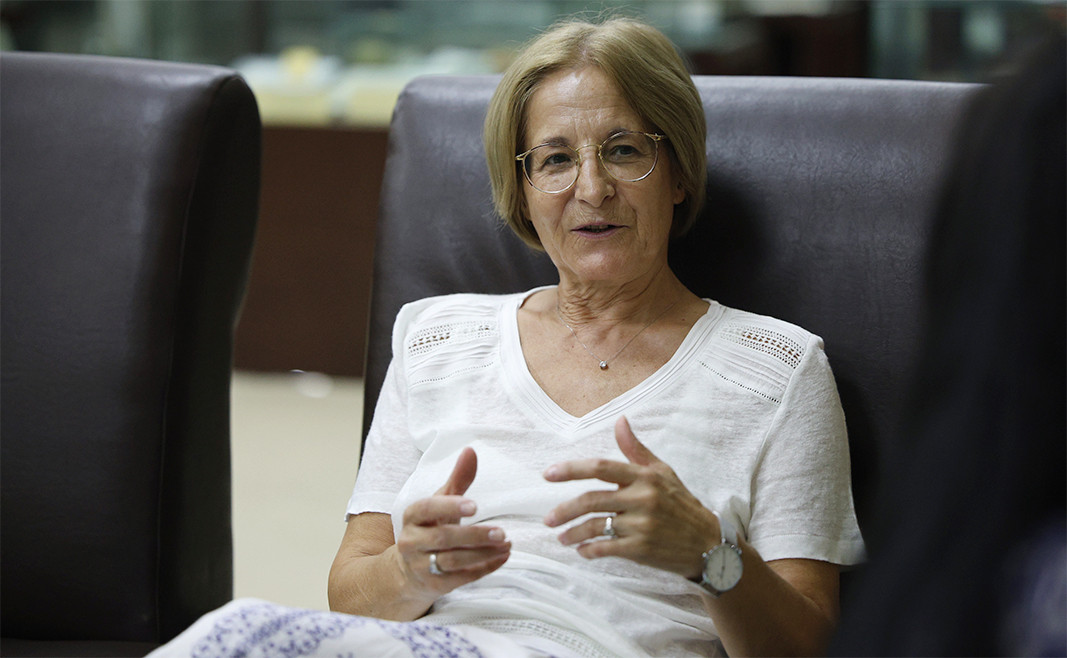
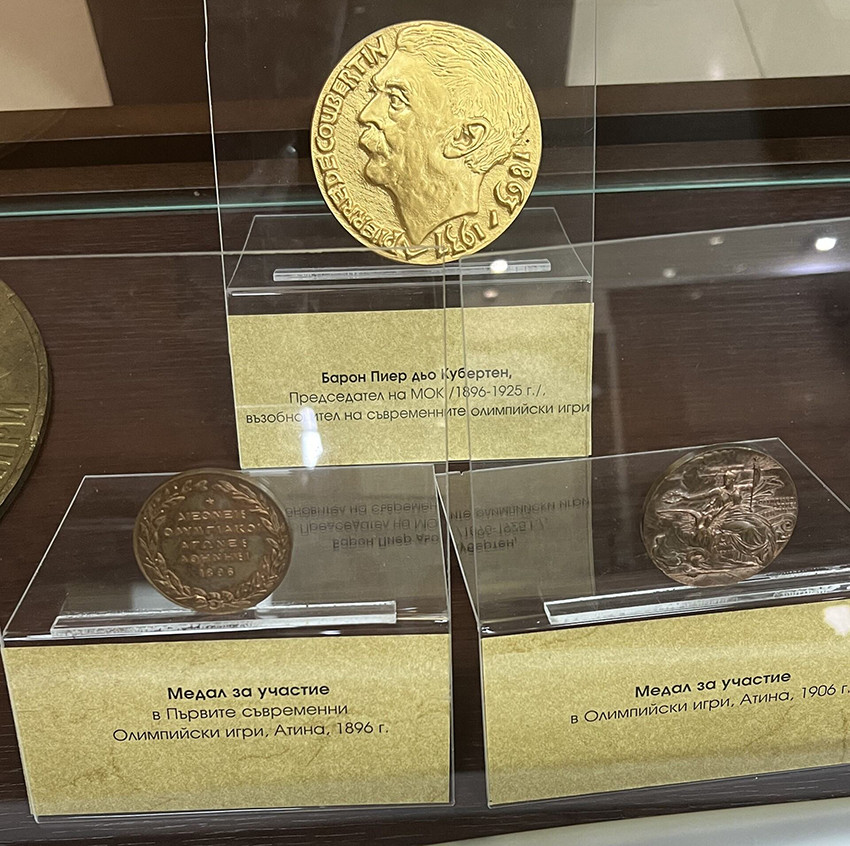
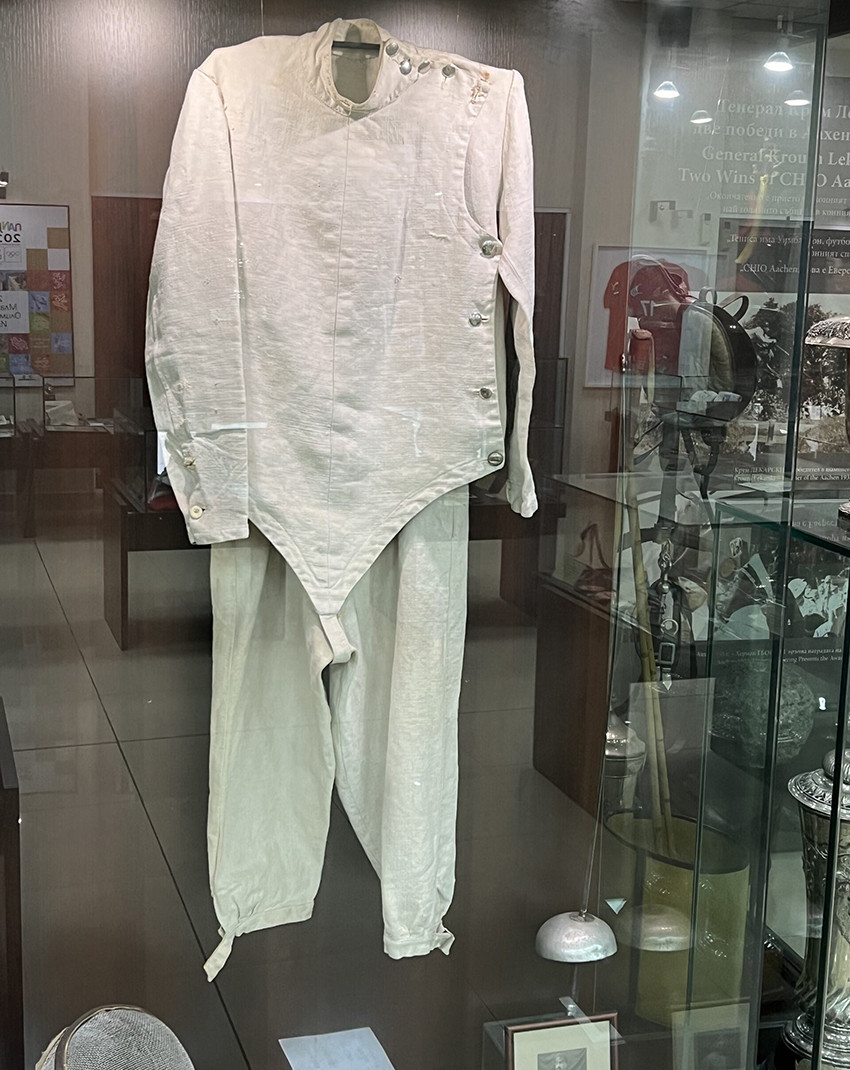
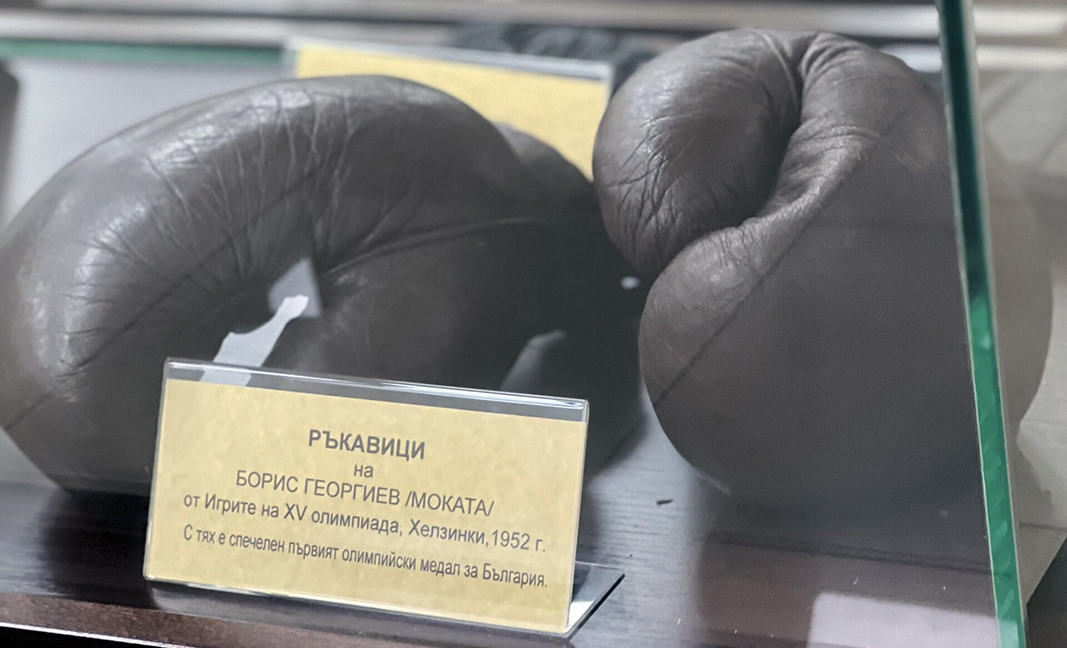
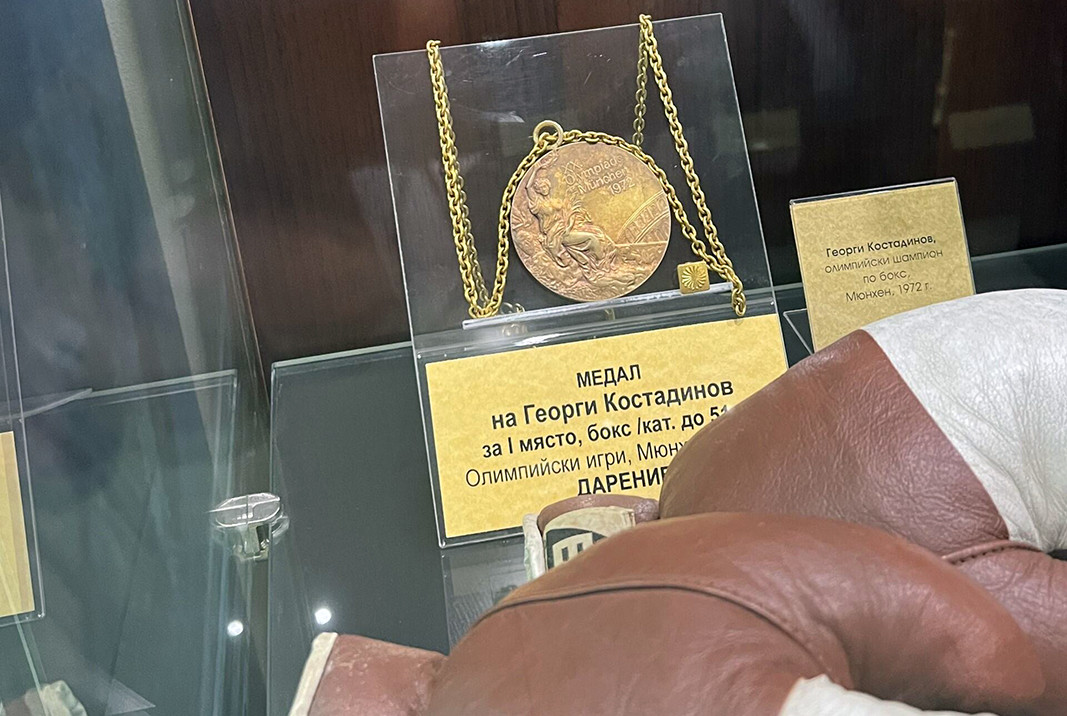
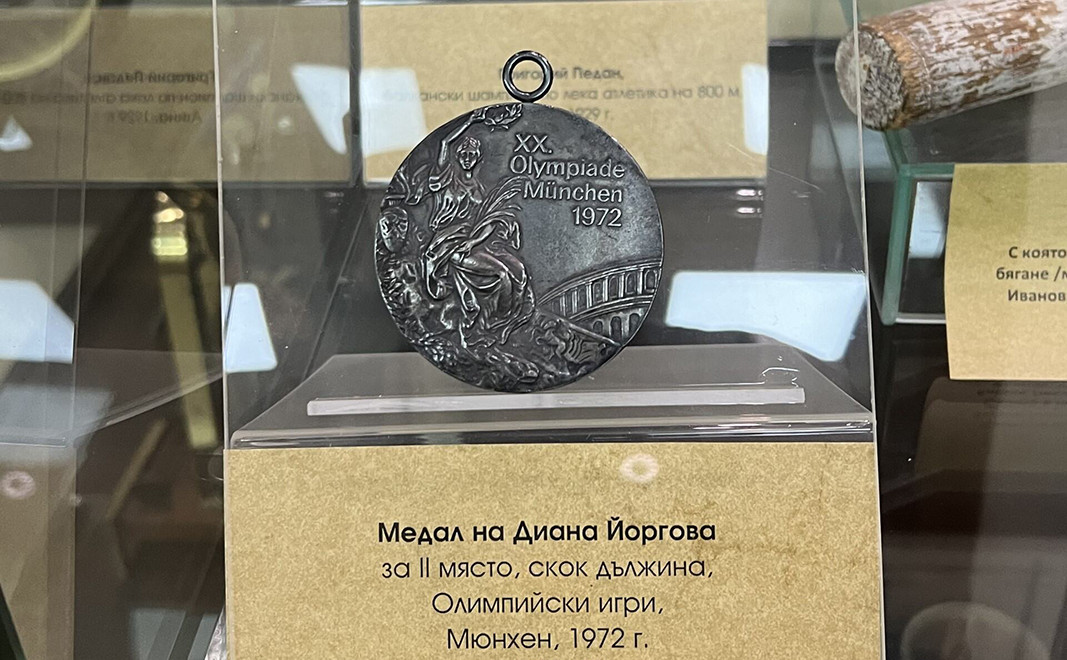
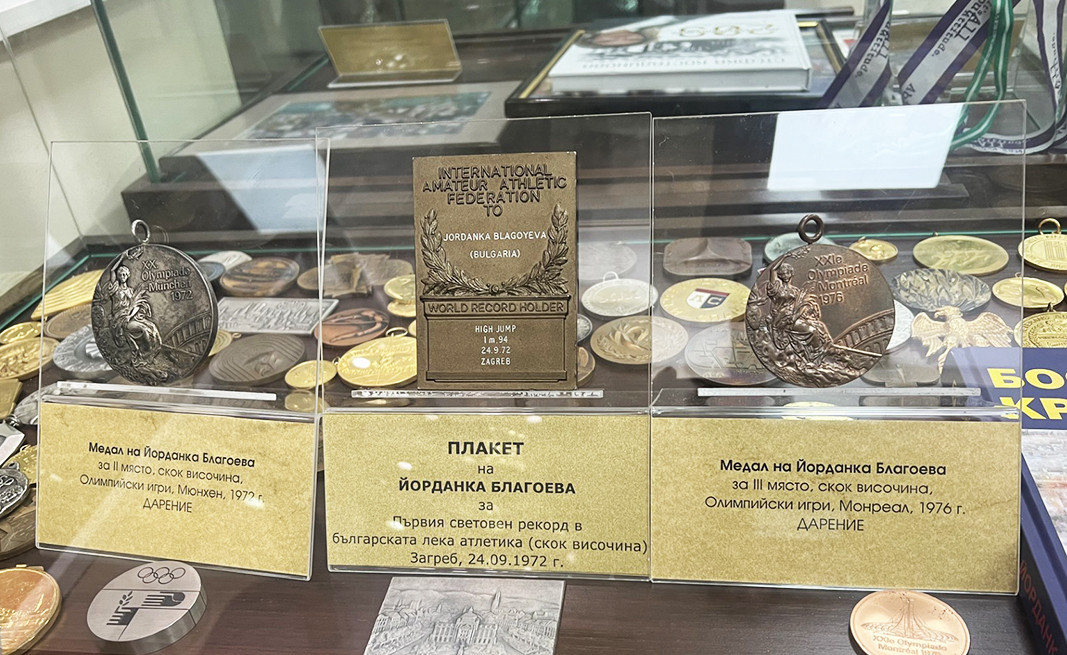
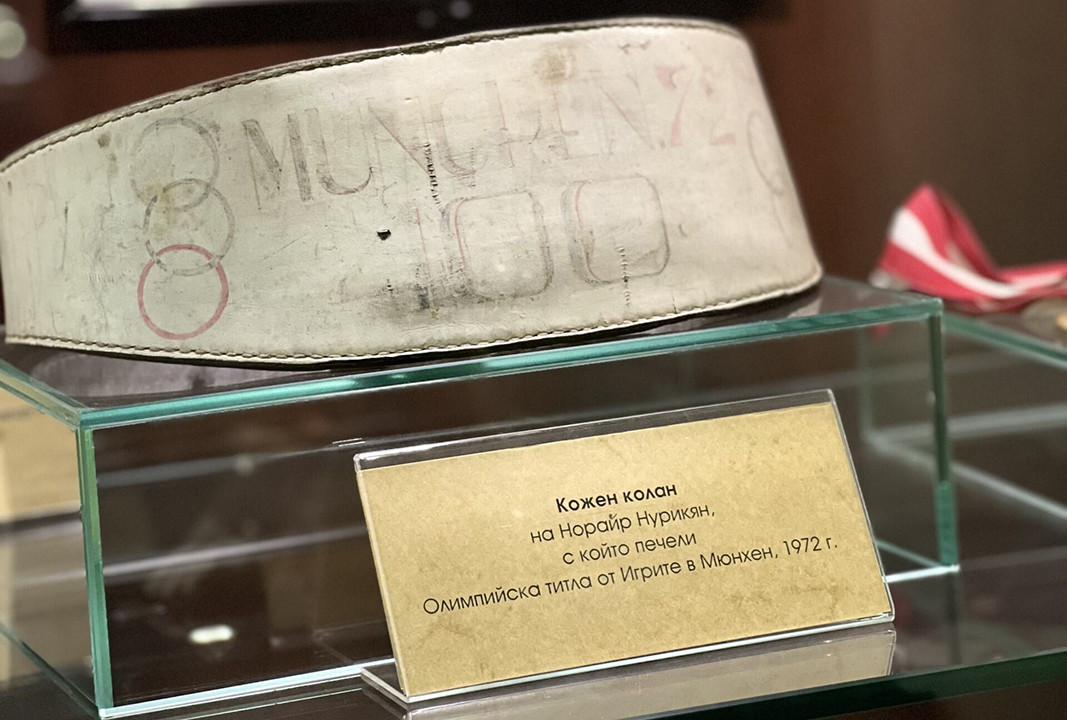
Real Madrid defeated Hapoel Tel Aviv 75:74 (22:18, 17:18, 21:22, 15:16) in a Round 13 EuroLeague basketball match. The game was played at Arena Botevgrad in Bulgaria. The Israeli team chose Sofia and Botevgrad as the venues for their home games due..
Grigor Dimitrov has been nominated for the Stefan Edberg Sportsmanship Award for the season on the highest level of men’s tennis – the ATP Tour . Joining the winners from the past three years of the Stefan Edberg Sportsmanship Award – Grigor Dimitrov..
The Bulgarian women’s national basketball team will rely on another naturalized player following Khaalia Hillsman. Coach Tanya Gateva will be able to include Stephanie Kostowicz in the EuroBasket 2027 qualifiers in March 2026, the Bulgarian..

+359 2 9336 661
